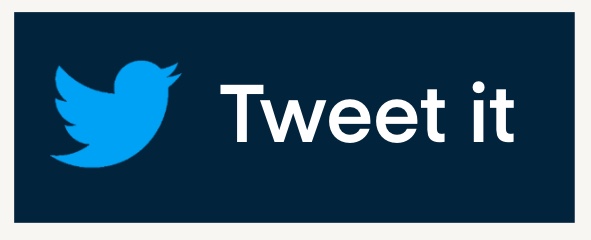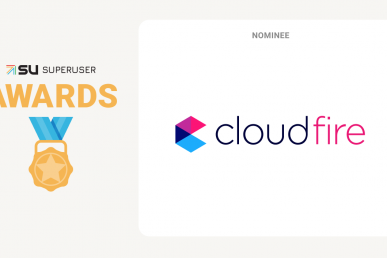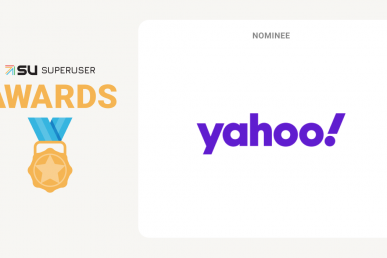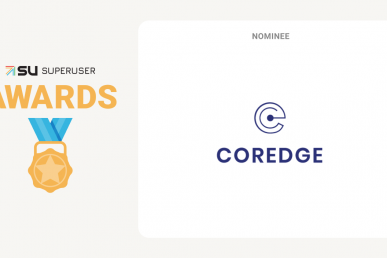Who do you think should win the 2021 Superuser Awards?
It’s time for you to help determine the winner of the 2021 Superuser Awards! The annual Superuser Awards is to recognize organizations that have used open infrastructure to improve their business while contributing back to the community.
This year, the Superuser Awards winner will be announced at the OpenInfra Live: Keynotes, November 17 – 18th! This will be the best opportunity for the global community to get together this year to hear about all things OpenInfra. Registration is free and is now live, so get your virtual ticket today and join us for Keynotes!
Component Soft is one of 11 nominees for the Superuser Awards. Check out why its team getting nominated and support them on Twitter!
Who is the nominee?
Component Soft
How has open infrastructure transformed the organization’s business?
Component Soft formerly worked as a training partner of proprietary Unix server vendors, instructing sys.admins. and programmers of their clients how to install and operate the OS and other system SW of those servers, using the courseware of those vendors and adhering to their rules to geographic coverage, revenue share etc.
With open infrastructure technologies, where OpenStack was our first huge success followed by Kubernetes, we could develop our own courseware (course books and remote lab environments) which are strongly aligned to official and acclaimed exams, such as Certified OpenStack Administrator (COA). At these technologies, we don’t have to compete with the owners of the technologies and we don’t have any geographical limitation, allowing us to offer our services globally.
How has the organization participated in or contributed to an open source project?
Our involvement with open-source communities started in 2015. We have sponsored and given talks at several OpenStack and cloud-native meetups in Budapest, Berlin, and London sponsored, exhibited and gave talks on the Open Infrastructure Summit in Berlin in 2018, the KubeCon + CloudNativeCon Europe in 2018 and 2019 as well on several OpenStack/OpenInfra Days in Budapest and London.
Besides education we also do consultation on OpenStack and Kubernetes based systems, During our 6-years long support and upgrade activity at the mission critical OpenStack system of the Hungarian Telecom our team confronted several bugs at rare constellations (e.g. using OpenStack with the Designate DNS module after OpenStack Ansible (OSA) install), which they report back to the developers and time to time suggest fixes.
What open source technologies does the organization use in its open infrastructure environment?
It’s more relevant in our case what we offer trainings about and what technologies we support at our consultations.
We have several trainings about OpenStack, Kubernetes and Ceph as well as trainings about Istio, Prometheus, Ansible as well as the Python (used in OpenStack) and Go (used in Kubernetes) programming languages.
At our consultations, the most important technologies are OpenStack, Kubernetes, Ansible and Ceph.
For CI/CD, both at our internal course book development by several authors as well as at our most consultations we use Gitlab with its CI module.
What is the scale of your open infrastructure environment?
Again, the best metric of our usage of open infra technologies in our case is the number of students instructed from late 2014, after delivering our first OpenStack trainings. From that time till the end of 2021, we have been educating around 3700 people for OpenStack, Kubernetes, other cloud-native technologies, Ceph and Ansible.
At our most important and long term consultation work at Hungarian Telecom we support and upgrade a mission-critical OpenStack system providing NFV services to its mobile network which consists of 3 OpenStack domains in 3 data-centers with several hundreds of CPUs, several thousands of CPU cores, quite a few dozens TBs of memory and several hundred TB of disks.
What kind of operational challenges have you overcome during your experience with open infrastructure?
From the training perspective, a typical difficulty is that these technologies develop super fast, releasing several new main versions yearly which are not synchronized with each other. On one hand, it means that we have to upgrade the course books and remote labs of our growing portfolio of trainings at least yearly and to help and urge our instructors to also regularly upgrade their knowledge. On the other hand even between upgrading our remote lab systems with several open-source components, new versions of some components may be downloaded at the installations for new training classes during weekends, causing after-hour work for our sys.admins.
At our consultation, the main challenge is to meet the individual requirements of our customers while also integrating with legacy systems.
How is this team innovating with open infrastructure?
The main business innovations at our training business were: creating our own courseware, aligning their content to relevant exams, e.g. the Certified OpenStack Administrator (COA), if they exist, our participation in the relevant foundations (e.g. the OpenInfra Foundation) and our broader involvement with the related communities. All these allowed us, to brand our company and offerings, to distinguish ourselves from the competition and to offer relevant and attractive services globally.
At our consultations, we have to find solutions for specific customer requirements. To satisfy them we develop Ansible roles and playbooks as well as creating GitLab pipelines that automate steps from installing/configuring the bare metal servers, through SW installation to Day 2 operation.
The Superuser Editorial Advisory Board will review the nominees and determine the finalists and overall winner after the community has had a chance to review the nominees. Stay tuned!
- Demystifying Confidential Containers with a Live Kata Containers Demo - July 13, 2023
- OpenInfra Summit Vancouver Recap: 50 things You Need to Know - June 16, 2023
- Congratulations to the 2023 Superuser Awards Winner: Bloomberg - June 13, 2023

)











